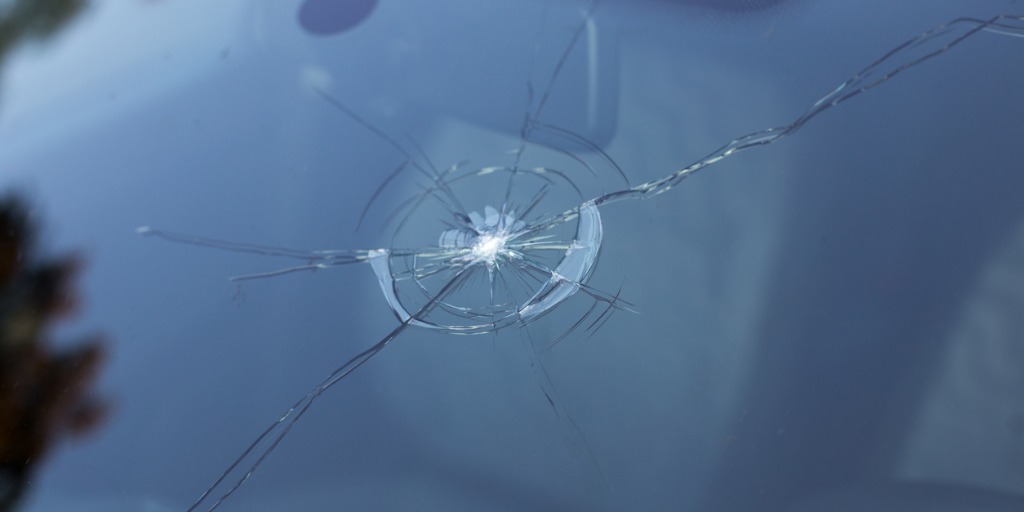Fleet safety: The dangers of a damaged windscreen

Keeping fleet drivers safe means ensuring all aspects of their work conditions are up to par… including vehicle windscreens.
Many drivers disregard minor cracks or scratches in a windscreen, but it’s a critical mistake to do so when it comes to fleet vehicles. Cracked or broken windscreens make driving unsafe, and could ultimately lead to accidents and legal troubles.
To stay accountable to the law and protect your drivers, vehicle windscreens should stay in good shape at all times. Here’s what you need to know.
The dangers of a damaged windscreen
Most would agree that a completely broken windscreen needs to be addressed straight away. But even slight chips or cracks cannot be overlooked.
Every chip is a breach in structural integrity, and can quickly become a larger crack that spreads across the entire windscreen. This immediately puts drivers in danger.
A cracked windscreen doesn’t just obstruct views of the road. If a collision happens, the glass is much more likely to shatter and totally fall apart, and the situation could go from bad to worse. The vehicle’s roof could be crushed. With no confining barrier, airbags would likely fail. And objects or passengers could fly out through the front.
Vehicles will fail their warrant of fitness (WoF) if a windscreen has a crack any bigger than 25mm - that’s just the size of a $2 coin. For the sake of compliance and driver safety, windscreen cracks must be addressed as soon as they appear.
Ways to prevent windscreen chips
A windscreen can be struck at any time by a pebble or some other hard object. However, there are a few ways to reduce the risk of windscreen chips in the long run.
First, replace the windscreen wipers on all fleet vehicles at least once a year. This ensures you have functioning wipers at all times, keeping your drivers safer in wet weather. It also prevents a buildup of dirt and rough particles that can scratch and chip the windscreen.
Also, periodically inspect windscreens for damage. Even the smallest chips, whether directly in front of the driver’s seat or not, should be repaired immediately to prevent total windscreen failure.
Make sure your drivers are keeping a good distance away from other drivers, especially when travelling on roads with loose gravel.
The importance of regular defect checks
For a commercial fleet, liability can arise from any vehicle problem, even one that begins as a tiny windscreen chip.
Allowing workers to use defective vehicles can lead to fines of up to $300,000. Regular checks and quick action to address defects — going well beyond the standards required by a warrant of fitness or certificate of fitness (WoF or CoF) — is the only way to truly minimise risk tied to vehicle issues.
Fleet drivers themselves are important stakeholders, as the Health and Safety at Work Act (HWSA) holds them accountable as vehicle end-users. They should personally check windscreens and overall vehicle condition, swiftly informing supervisors of problems and ordering repair services if warranted.
Lastly, it’s important to routinely reference and update the company fleet policy, both to cover any changes in H&S laws and react to patterns that emerge in daily operations. Be it a vehicle, employee, or a certain driving route, any new source of risk deserves a policy review.
If policy changes are made, they should be shared directly with fleet drivers and all key personnel. Everyone should understand their part in reducing risk, whether it comes from a cracked windscreen or anything else.
Windscreens, along with all other fleet vehicle components, must stay in prime condition to reduce safety hazards and liabilities. Know what defects to look for, how to prevent them, and why regular checks and fleet policy reviews are important. It will all help you abide by health and safety laws, and most importantly, keep your drivers safe.
Topics: Fleet Health & Safety Compliance







